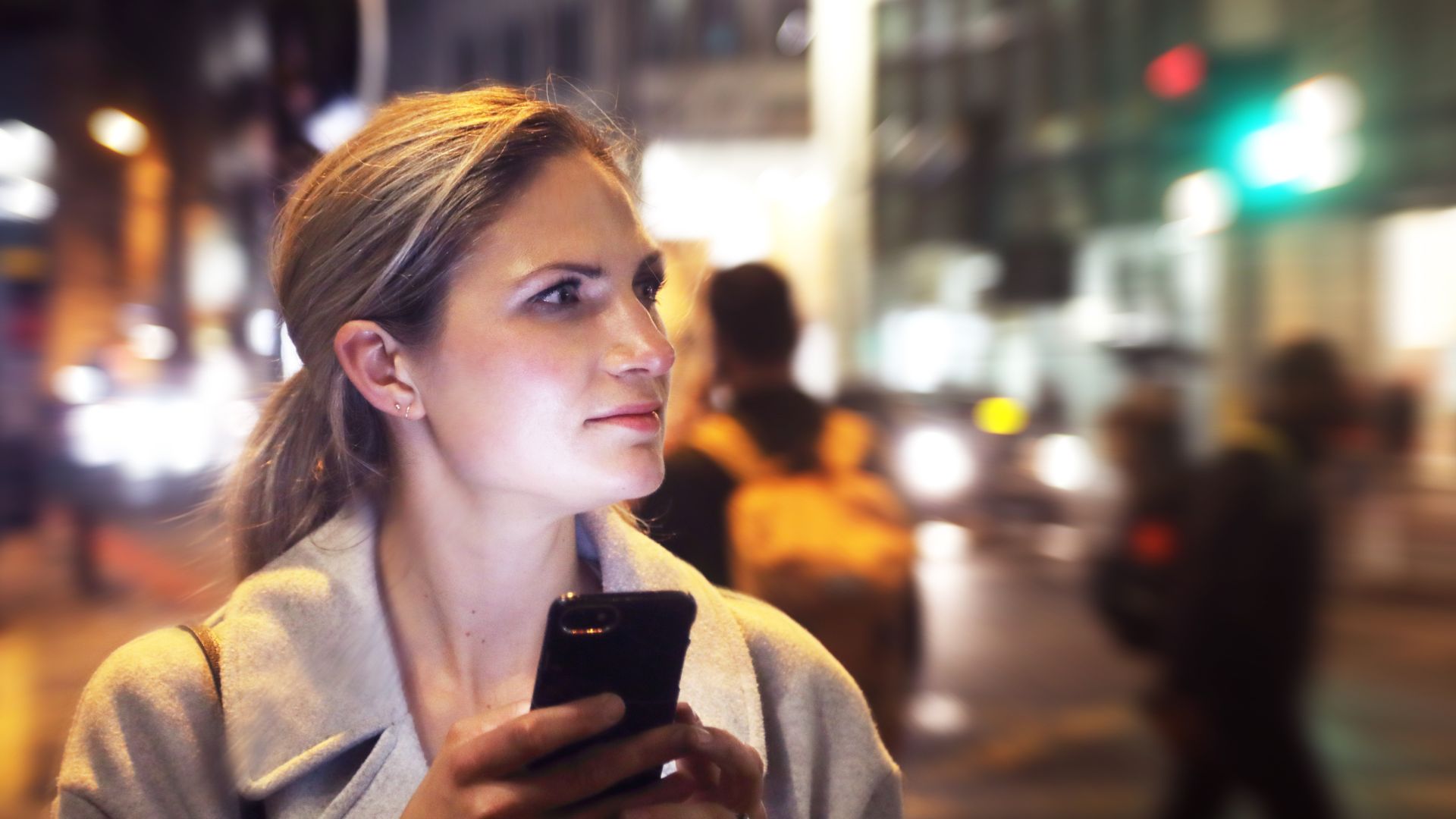What is the science behind déjà vu?
Déjà vu, the feeling of having experienced something before, is very common, but why does it happen?

You're walking somewhere you've never been before and suddenly feel as though you've strolled down the same road already. You're experiencing the well-known phenomenon déjà vu — but what is déjà vu, really, and why does the strange feeling happen?
Déjà vu is a French expression meaning "already seen," which was first used in 1876 by French philosopher Émile Boirac in a letter to his book editor, and later in his published book "The Psychology of the Future" (Keagan Paul, 1918).
Déjà vu is the feeling that something a person is currently experiencing has already occurred in the past. Experts refer to this phenomenon as a memory illusion involving familiarity and unfamiliarity, according to the book "Psychology of Learning and Motivation" (Elsevier, 2010). The illusion pits a person's impression that an experience is familiar against their knowledge that this sense of familiarity is inaccurate. An estimated two-thirds of people report experiencing déjà vu, the book states, and the frequency of reported episodes decreases with age.
Related: How does the brain store memories?
Some people report experiencing déjà vu to a frequent degree that's disturbing to them. Such cases can be caused by substance abuse, migraine and anxiety, reports suggest, as well as depersonalization-derealization, a mental condition where a person feels detached from their body or surroundings. However, temporal lobe epilepsy is thought to be the most common cause of such frequent déjà vu. Scientists suggest that, at least in epilepsy, déjà vu episodes may arise from seizures in the brain's temporal lobe or dysfunction in brain regions involved in storing and retrieving memory, like the hippocampus and parahippocampus.
However, given that déjà vu is also experienced by individuals without epilepsy or other conditions, there must be other explanations as to why the bizarre experience occurs.
"One possible mechanism is the memory-based theory which focuses on the role of familiarity and recognition in déjà vu," Dr. Ooha Susmita, an in-house neuropsychiatrist at Allo Health, told Live Science. This theory suggests that "Déjà vu arises when a current situation strongly resembles a previously encountered but forgotten experience," Susmita said.
Get the world’s most fascinating discoveries delivered straight to your inbox.
"The new situation may share similarities with a past event, leading to a sense of familiarity without an accompanying memory of the specific details." She added that déjà vu may result from our brain's attempt to make sense of these perceived similarities and create a feeling of recognition, even if we cannot consciously recall the original experience.
Historically, scientists have struggled to recreate déjà vu in the laboratory because it's difficult to identify stimuli that can evoke the feeling. But they've found ways around this challenge. (For example, in 2010, University of Leeds researchers even reported using hypnosis to induce déjà vu in volunteers.)
In a study published in 2012 in the journal Consciousness and Cognition, Anne Cleary, a professor of cognitive psychology at Colorado State University, and her team used virtual reality (VR) to investigate the hypothesis that people may experience déjà vu when they encounter environmental layouts that are similar to those experienced in the past, provided that they don't recall that past experience. This is called the "Gestalt familiarity hypothesis," built on the arrangement of items in an environment.
In their experiment, Cleary and her team attempted to trigger déjà vu in participants by having them navigate different scenes with a VR headset; some scenes shared the same spatial layout, meaning their walls and furniture were placed in the same locations, for example. The team found that people were more likely to report feelings of déjà vu when they found themselves in settings with a similar design to scenes they have seen in the past but didn't specifically recall.
Another theory suggests that déjà vu results from perceptual gap, or split perception, according to "Psychology of Learning and Motivation." Split perception occurs when the brain processes the same sensory signals twice, back to back, at a particular moment. In the initial process, the signal is brief and often goes unnoticed in the conscious mind. During the second process, which follows almost immediately, feelings of familiarity (déjà vu) are established due to that first signal, which cannot be recalled.
In 2016, Akira O'Connor, a lecturer at the school of psychology and neuroscience at the University of St. Andrews in Scotland, presented research that suggested that déjà vu is caused by the brain correcting memory errors, New Scientist reported.
O'Connor and his team used a brain scanning technique called functional resonance magnetic imaging (fMRI) to check which parts of the brain are active when déjà vu is triggered in the lab. From their result, it was not the hippocampus, a key brain region responsible for memory retrieval, that was active, but the medial prefrontal cortex, a region involved in resolving conflicts between what we remember experiencing and what we've actually experienced.
According to O'Connor, this region of the brain shoots off a signal when such a mismatch occurs, and this may explain why déjà vu is more common in young people than old. As a person gets older, déjà vu is not as frequent because "the general checking system is in decline," he told New Scientist, making it difficult for them to discern false memories.
There is no universally agreed upon scientific theory that explains the mechanism behind déjà vu. More research is needed to explain this mysterious sensation, Susmita told Live Science.
"It is important to note that déjà vu is a common experience and is not considered to be a sign of any underlying medical or psychological condition," Susmita said. "While our understanding of déjà vu has advanced over the years, it remains a complex and intriguing phenomenon that continues to be the subject of scientific inquiry. Further research is needed to unravel the precise mechanisms involved in déjà vu."

Racheal Ede is a freelance health writer. Her work has been published by Forbes Health, Motherly, Singlecare and Business Insider, among others. She holds a Bachelor of Science degree in medical laboratory sciences from the University of Nigeria. She uses her domain knowledge of science and medicine to create content on different health and science topics.
 Live Science Plus
Live Science Plus





